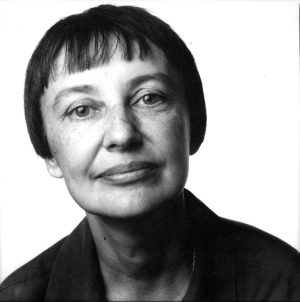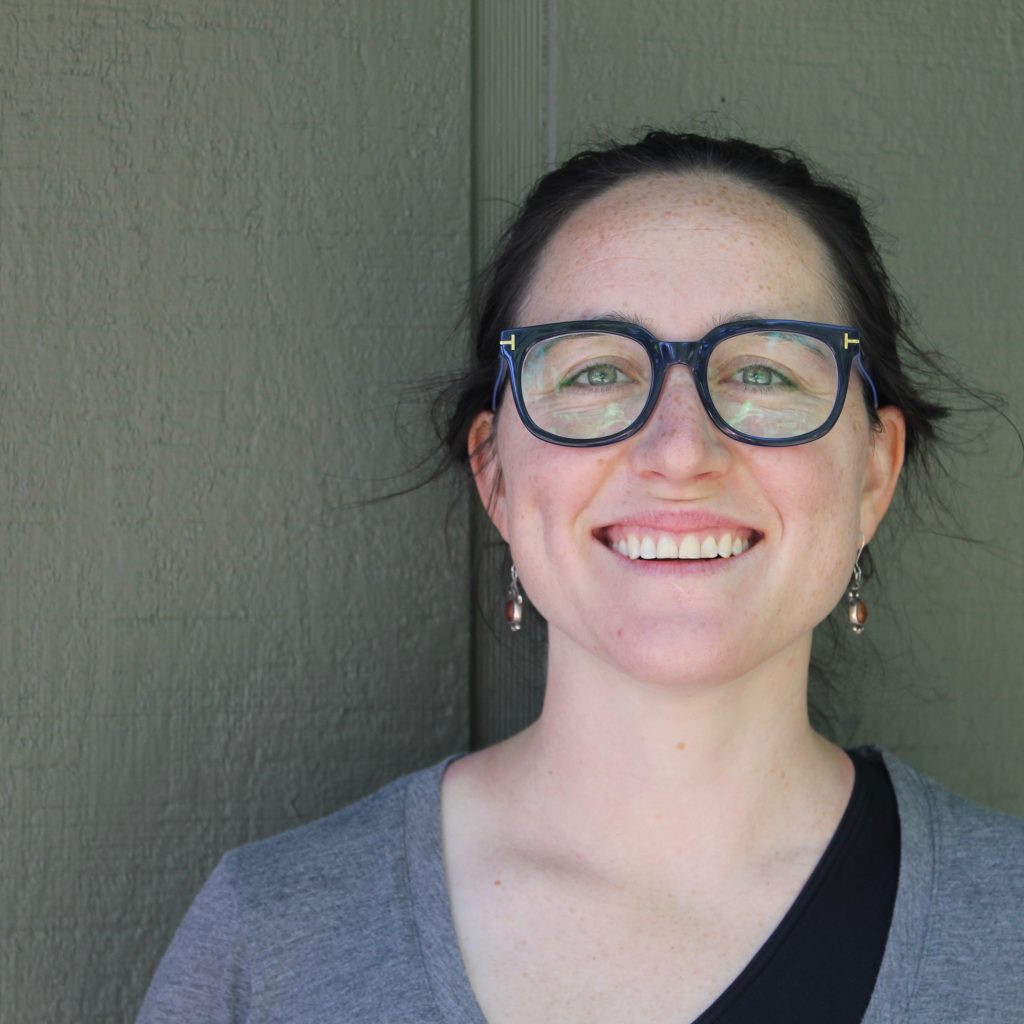When Grace Mahoney, editor of the Lost Horse Press Contemporary Ukrainian Poetry Series, introduced us in March of 2020, no one had any inkling of the devastating global impact the COVID-19 pandemic would cause. Quarantine forced us into smaller, interior spaces, spaces where poetry thrives. We were both familiar with Natalka Bilotserkivets’s work, either through graduate studies or collaboration, and welcomed exploring her poems that touched on movement and restricted movement, as well as symbolic movement, in greater depth. Fast forward to February 2022 and Russia’s annihilative attack on Ukraine, we now read these poems through the lens of war and find they speak with equal truths as during the height and decline of the former Soviet Union. “Wolf Wine Bar,” in particular, written approximately 12 years ago though published in our book for the first time in any language, attests to indiscriminate war violence. –Ali Kinsella and Dzvinia Orlowsky
Bridge
The air is as still and hot
as my body. Arched like a bridge
over a river. It’s so quiet—the nightingales
must be drinking their own black alcohol.
No sounds. Only color and shades
spread out across the water.
Face up—that’s how it was with me.
Evenings as glorious as spirits!
There are memory catastrophes.
They collapse into signs, halftones, details
of blocks, construction of rail,
inflows of blood, formulas for love.
I don’t remember the color of eyes,
but their expression’s still here—
when a devastating pulse of extreme temperature
drops from above onto the bridge.
Translated by Ali Kinsella and Dzvinia Orlowsky
Wolf Wine Bar
Two years ago, maybe even two and a half,
life hadn’t yet seemed so hopeless:
chestnuts didn’t choke on rusty blood,
floods didn’t reach the windows of the buildings
with the Wolf wine bar and Dove coffee shop
and the small theater under the large lanterns.
Two years ago, maybe even two and a half,
we didn’t have such severe snows and frosts:
water didn’t freeze in the boilers and pipes,
flutes never froze to lips or fingers,
the snow didn’t stick to legs in thin stockings,
ice didn’t appear on carpets in hotels.
And the forest fires, tsunamis with women’s names,
blood and wine on dead legs in thin stockings,
carpets covered with the wreckage of aircraft.
So be it. There’s still time for the final sign:
a time when wolves run, doves fly,
and, having left behind their foundations, pulling out their roots,
the Wolf wine bar and Dove coffee shop will disappear,
the lanterns, chestnuts, hotel, and theater.
Translated by Ali Kinsella and Dzvinia Orlowsky
We’ll Not Die in Paris
I will die in Paris on Thursday evening.
—César Vallejo
You forget the lines smells colors and sounds
sight weakens hearing fades simple pleasures pass
you lift your face and hands toward your soul
but to high and unreachable summits it soars
what remains is only the depot the last stop
the gray foam of goodbyes lathers and swells
already it washes over my naked palms
its awful sweet warmth seeps into my mouth
love alone remains though better off gone
in a provincial bed I cried till exhausted
through the window a scraggly rose-colored lilac spied
the train moved on spent lovers stared
at the dirty shelf heaving beneath your flesh
outside a depot’s spring passed grew quiet
we’ll not die in Paris I know now for sure
but in a sweat and tear-stained provincial bed
no one will serve us our cognac I know
we won’t be saved by kisses
under the Pont Mirabeau murky circles won’t fade
too bitter we cried abused nature
we loved too fiercely
our lovers shamed
too many poems we wrote
disregarding poets
they’ll not let us die in Paris
and the alluring water
under the Pont Mirabeau
will be encircled with barricades
Translated by Dzvinia Orlowsky



Poems from Eccentric Days of Hope and Sorrow: Poems by Natalka Bilotserkivets, translated by Ali Kinsella and Dzvinia Orlowsky (Lost Horse Press, 2021). With permission from Lost Horse Press.
For the Translator’s Page archive click HERE
